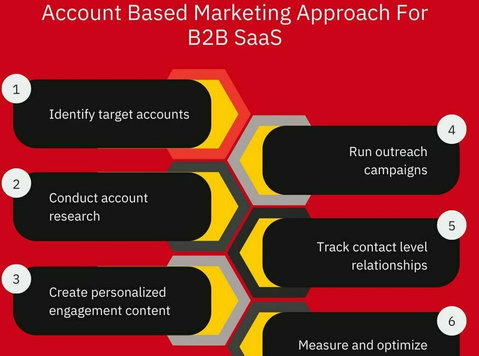Unlock Your Business Potential: Understanding SBA Loan Qualifications for Entrepreneurs
When it comes to securing funding for your small business, understanding the SBA loan qualifications is crucial. The Small Business Administration (SBA) off……
When it comes to securing funding for your small business, understanding the SBA loan qualifications is crucial. The Small Business Administration (SBA) offers loan programs designed to help small businesses access the capital they need to grow and thrive. However, navigating the requirements can be challenging. In this comprehensive guide, we will explore the key aspects of SBA loan qualifications and how you can position yourself for success.
### What Are SBA Loans?
SBA loans are government-backed loans designed to support small businesses. These loans come with favorable terms, including lower interest rates and longer repayment periods, making them an attractive option for entrepreneurs. The SBA does not directly lend money; instead, it partners with approved lenders to provide loans that meet specific criteria.
### Key SBA Loan Qualifications
To qualify for an SBA loan, you must meet several essential criteria:
1. **Business Size Standards**: The SBA defines a small business based on industry-specific size standards. Generally, this means your business must have fewer than 500 employees or meet specific revenue thresholds.

2. **Operational History**: Lenders typically require that your business has been operational for at least two years. However, startups can still qualify under certain circumstances, especially if they have a solid business plan and experienced management.
3. **Creditworthiness**: Your personal and business credit scores play a significant role in your eligibility for an SBA loan. A good credit score (typically above 680) demonstrates your ability to manage debt responsibly.
4. **Business Purpose**: The funds from SBA loans must be used for legitimate business purposes, such as purchasing equipment, refinancing debt, or expanding operations. Personal expenses are not eligible.
5. **Collateral**: While not always required, providing collateral can strengthen your application. Collateral can include business assets, real estate, or personal guarantees.
6. **Equity Investment**: Many lenders prefer that you have a certain level of equity invested in your business. This shows your commitment and reduces the lender's risk.

### Preparing Your Application
Once you understand the SBA loan qualifications, the next step is to prepare your application. Here are some tips to enhance your chances of approval:
- **Create a Solid Business Plan**: A well-thought-out business plan outlines your business model, market analysis, and financial projections. Lenders want to see that you have a clear vision for your business's future.
- **Gather Financial Documents**: Be prepared to provide personal and business tax returns, profit and loss statements, and cash flow projections. Transparency in your financials builds trust with lenders.
- **Work on Your Credit Score**: If your credit score is below the desired threshold, take steps to improve it before applying. Pay down debts, make timely payments, and avoid taking on new debt.

- **Consult with a Financial Advisor**: If you're unsure about the application process, consider seeking guidance from a financial advisor or a mentor with experience in securing SBA loans.
### Conclusion
Understanding the SBA loan qualifications is the first step towards unlocking the funding your small business needs to grow. By meeting these qualifications and preparing a robust application, you can enhance your chances of securing an SBA loan. Remember, the journey to obtaining financing may require patience and perseverance, but the rewards of having the capital to invest in your business are well worth the effort. Start your journey today and take the next step towards achieving your entrepreneurial dreams!